
This All-Female Unit Of Rangers Protecting Wildlife From Poachers In Zimbabwe Is Epic
InterviewPoaching is slowly becoming a thing of the past in parts of Zimbabwe! A highly-effective all-female anti-poaching ranger unit called the Akashinga is protecting wildlife and revolutionizing the fight against illegal trophy hunting.
Since being founded in 2017 as part of the International Anti-Poaching Foundation (IAPF), the Akashinga (meaning The Brave Ones in the Shona language) helped reduce elephant poaching in Zimbabwe’s Lower Zambezi Valley by a whopping 80 percent.
To celebrate their achievements, National Geographic recently streamed a short documentary about the Akashinga on World Elephant Day, August 12. Bored Panda reached out to one of the producers of the documentary, Drew Pulley, who has directed and produced documentary content for Nat Geo in over 30 countries around the world. Scroll down for our full interview with him.
More info: Facebook (Akashinga) | Facebook (IAPF) | Twitter | Instagram | YouTube | IAPF.org
Meet the Akashinga: an all-female unit of rangers protecting wildlife from poachers in Zimbabwe
Image credits: akashinga
Image credits: akashinga
Image credits: iapf
Image credits: akashinga
Image credits: akashinga
Image credits: akashinga
Pulley told us that the idea for the documentary was created by Maria Wilhelm “with the incredible support of James Cameron.”
“Maria is the force behind projects like ‘Game Changers’ and ‘Years of Living Dangerously.’ She brought me on board for two amazing weeks in Zimbabwe filming with the women rangers,” Pulley said.
According to him, meeting Petronella Chigumbura, a “truly inspiring” ranger who is also a mother of two, was “a life highlight.” Pulley shared his thoughts that she might be president of Zimbabwe someday.
“The program itself is run by Damien Mander. He puts the women and the wildlife first… setting ideals for training and living, but giving the women the power to run the project,” Pulley shared. “Filming was actually pretty easy—the story is so powerful, we simply went out with the rangers each day and filmed what they do.”
The rangers are armed and trained like members of the special forces
Image credits: int.anti.poaching.foundation
Image credits: sharonaminawarner
Image credits: nuevometodo
Image credits: pygmygorilla_
Image credits: globalconservationwatch
Image credits: onepointfivebsf
He continued about what the filming process on the ground was actually like. “Watching the new recruits come in and seeing them graduate was really compelling. We filmed on Black Magic Ursa Mini Pro at 24fps, using prime lenses as much as possible and often shooting at a high frame rate to capture the poetry of the ranger’s motion. Controlled, squared framings were used to focus the power of Petronella and the other rangers in the composition.”
However, filming the documentary wasn’t without its challenges. Pulley pointed out that the biggest problem the crew faced was the heat. “But we watched the women and the rangers push through and work much harder than us, so it motivated us to keep going too,” he spoke about how inspirational the Akashinga were.
“And after every shoot day, we went back to the camp with the rangers for the most incredible food! All vegan and so delicious. I hope we will be able to do a follow-up someday! I have no doubt we will see that the program has grown even bigger and that the recruits we met will be powerful rangers like Petronella.”
The Akashinga have had great success in the fight against poaching so far
Image credits: nationalgeographic
Image credits: nationalgeographic
Image credits: nationalgeographic
Image credits: nationalgeographic
Image credits: nationalgeographic
National Geographic released a short documentary about The Brave Ones on World Elephant Day
Image credits: natgeodocs
The Akashinga is made up of disadvantaged women, many of whom are survivors of domestic abuse or sexual assault. They patrol Zimbabwe’s 115-square-mile Phundundu Wildlife Area, managed by the IAPF and protect not only elephants but other animals as well, including rhinos and lions. Currently, around 85k elephants live in Zimbabwe.
The dangers to these animals come not just from poachers directly but also from the cyanide and snare traps they leave behind which can seriously harm or kill the local fauna.
The Akashinga was founded by former Australian special forces soldier and anti-poaching figure Damien Mander who favors a ‘community buy-in’ approach instead of a full-on armed assault against poachers. In other words, he believes that once a community understands the economic benefits of preserving wildlife, poaching will be eliminated peacefully.
The IAPF plans to employ 1k female rangers by 2025 in order to protect 20 nature preserves. The Akashinga program doesn’t just benefit nature, though: it’s also a way for women to rebuild their lives, feel empowered, and become leaders of their communities.
You can watch the full Nat Geo documentary right here
“As a woman, I was focused on using Akashinga as a tool to fight my battle for a better life. I can now feed my kids and pay school fees for them. I acquired a driver’s license, which is a big deal for women in Africa! I am also building a big house for my children. Now I have the pride of having my own future,” one of the rangers featured in the Nat Geo documentary, 30-year-old single mother of two Petronella, told Elle how the program turned her life around.
Meanwhile, 28-year-old sergeant Nyaradzo Auxillia Hoto explained that she wanted to prove the stereotype that only men can become rangers wrong. “At first, my community couldn’t believe a woman could be a ranger. But the sky is the limit, and women can also be rangers. I managed to pursue my educational dreams. I dropped out of school many years ago; I am now a part-time student at one of the universities in Zimbabwe, pursuing a bachelor’s degree with honors in science, wildlife, ecology, and conservation. I also managed to buy a plot of land in our community.”
She added: “Animals shouldn’t suffer or feel pain for the sake of our needs and desires. They have the right to live and enjoy their life. They also have an aesthetic value, a natural beauty, and artistic value that I find so lovely.”
Here’s what people said about the Akashinga
I watched a doco about these women a while back Akashinga: The Brave Ones. They have been through so much in their lives and are truly inspiring women. Damian even says that female rangers are better at stopping poaching, He found they were less susceptible to bribery from poachers and more adept at de-escalating potentially violent situations. He also knew that research shows working women in developing countries invest 90 percent of their income in their families, compared with 35 percent for men. These women have trained similar to how the special forces are trained which is no easy feat in itself. They should be very proud of themselves for their achievements and the amazing work they are doing.
These are women who should be almost every girls role model fighting for animals and they are strong. You go girls
I think first and foremost they are rolemodels to the girls in their area, who are told by their society that they are worth nothing and can't do anything at every turn.
Load More Replies...This, for me, is an acceptable use of weapons. Kudos to these women for protecting animals
I watched a doco about these women a while back Akashinga: The Brave Ones. They have been through so much in their lives and are truly inspiring women. Damian even says that female rangers are better at stopping poaching, He found they were less susceptible to bribery from poachers and more adept at de-escalating potentially violent situations. He also knew that research shows working women in developing countries invest 90 percent of their income in their families, compared with 35 percent for men. These women have trained similar to how the special forces are trained which is no easy feat in itself. They should be very proud of themselves for their achievements and the amazing work they are doing.
These are women who should be almost every girls role model fighting for animals and they are strong. You go girls
I think first and foremost they are rolemodels to the girls in their area, who are told by their society that they are worth nothing and can't do anything at every turn.
Load More Replies...This, for me, is an acceptable use of weapons. Kudos to these women for protecting animals

 Dark Mode
Dark Mode 

 No fees, cancel anytime
No fees, cancel anytime 






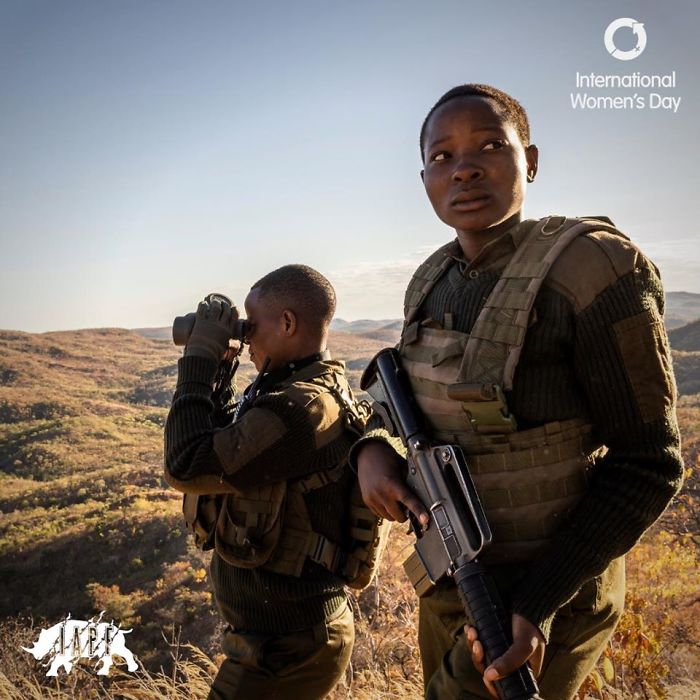
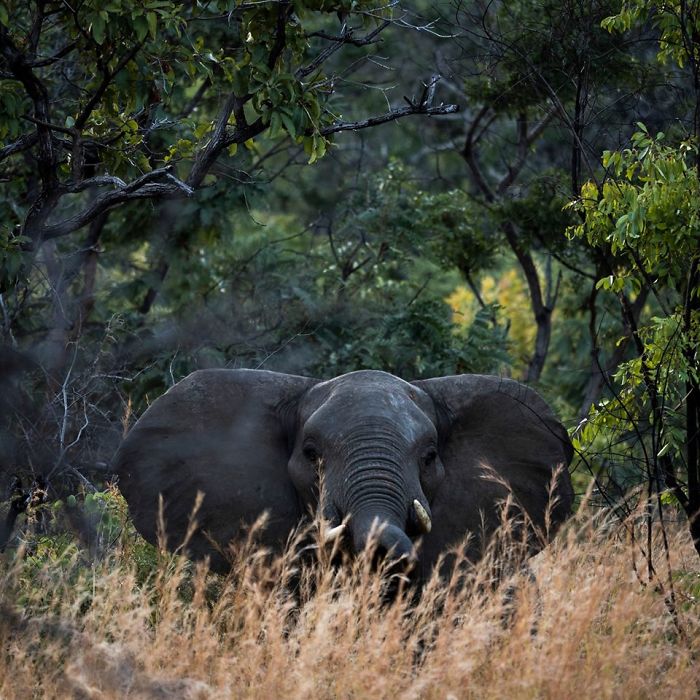
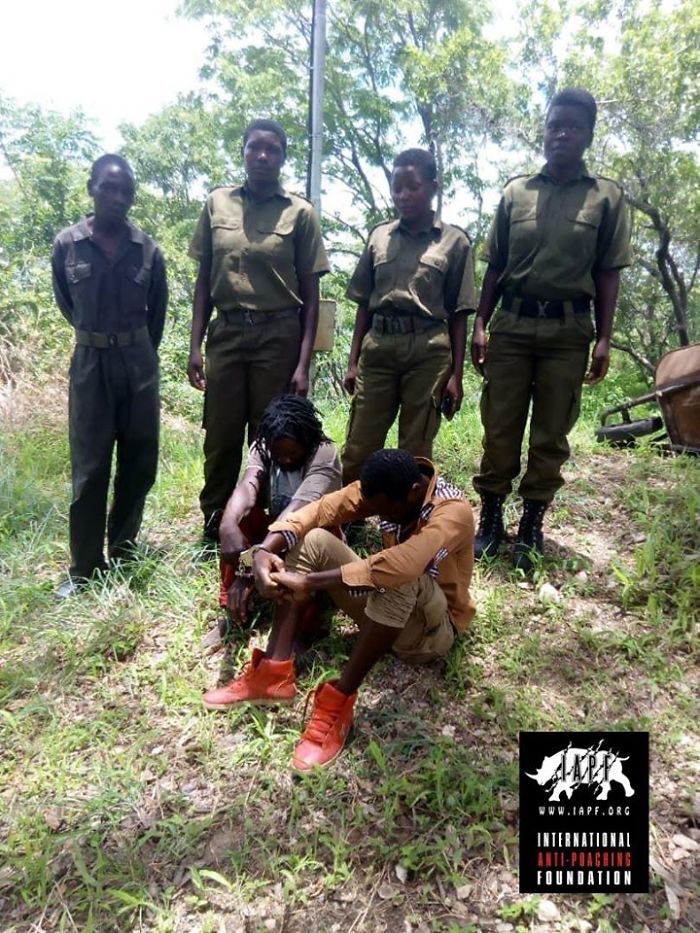
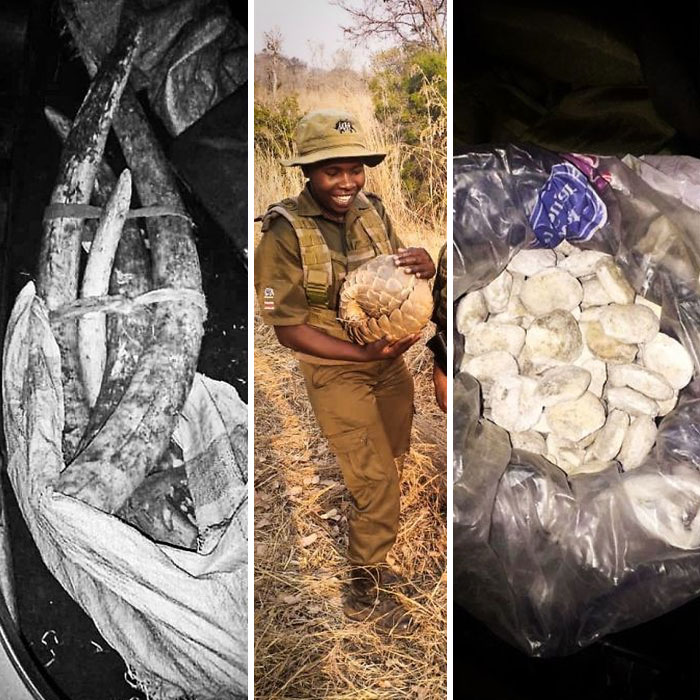
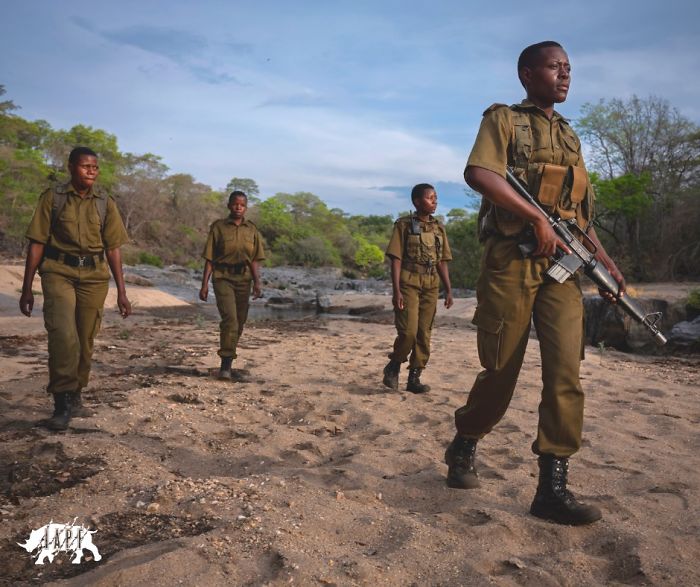
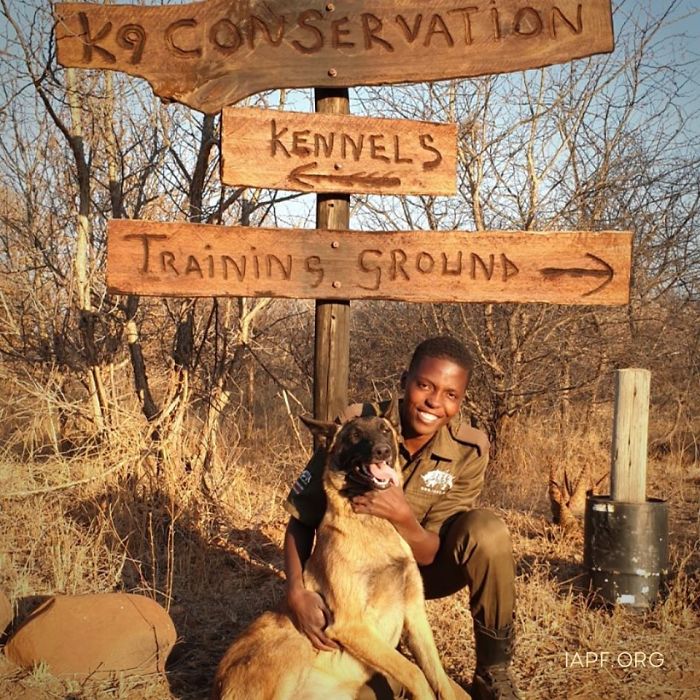
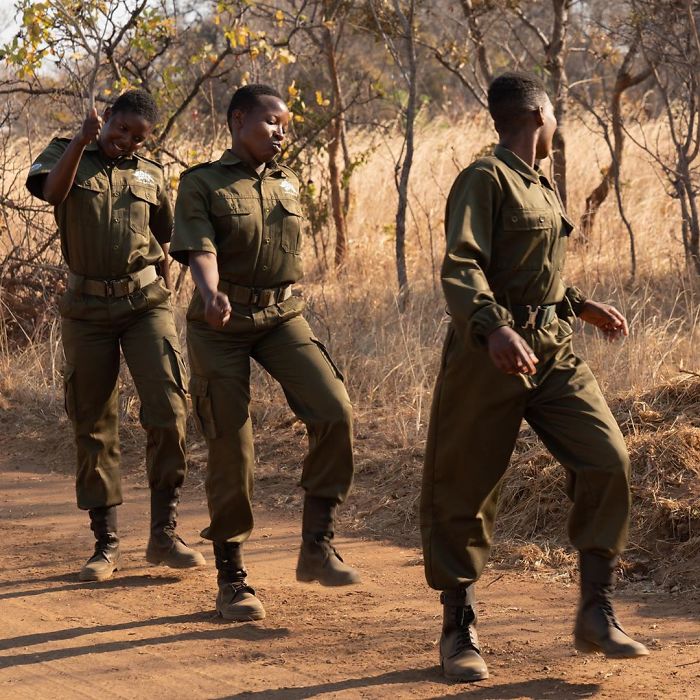
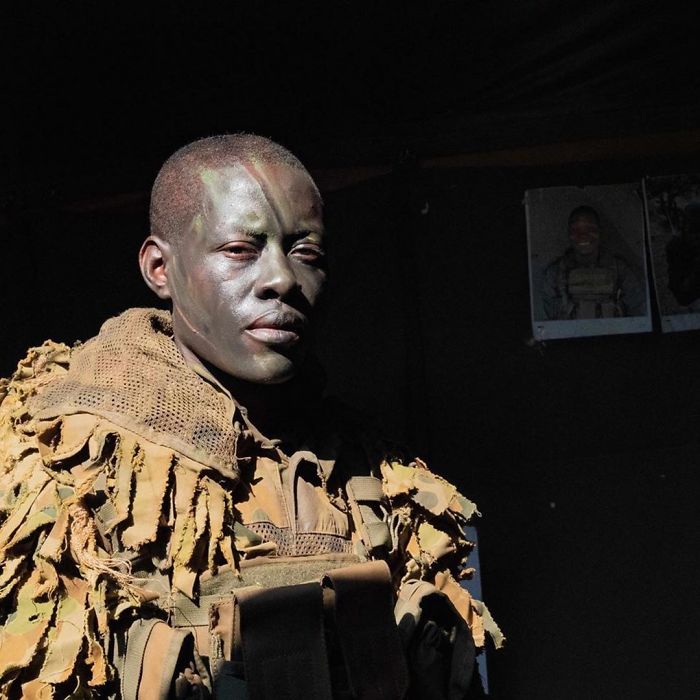
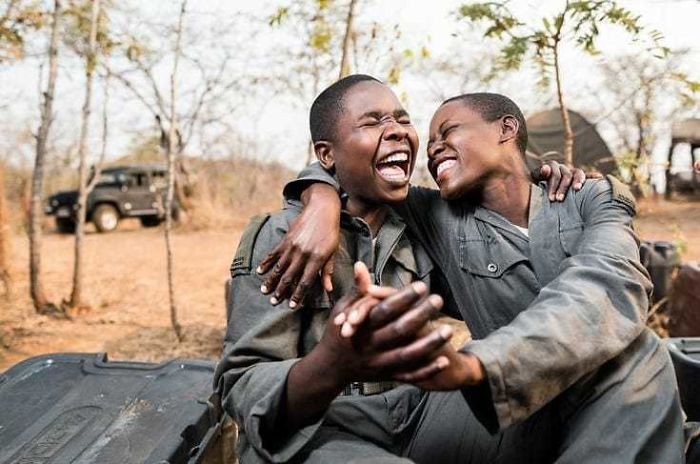
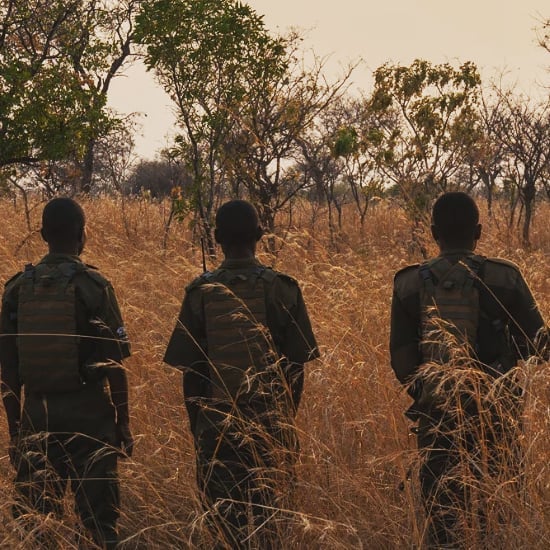
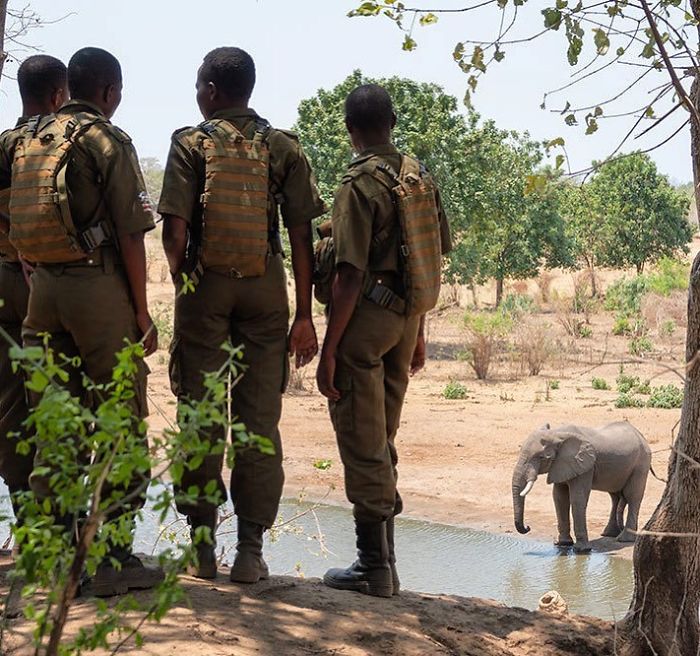
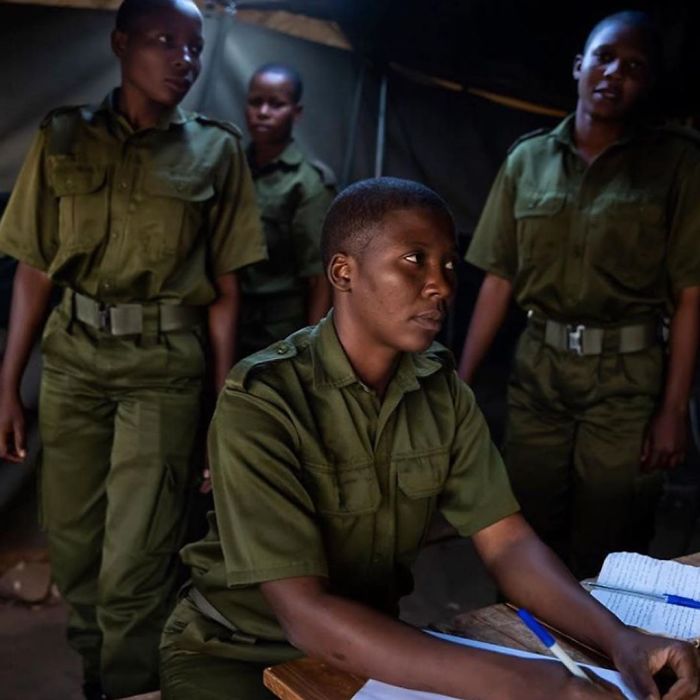
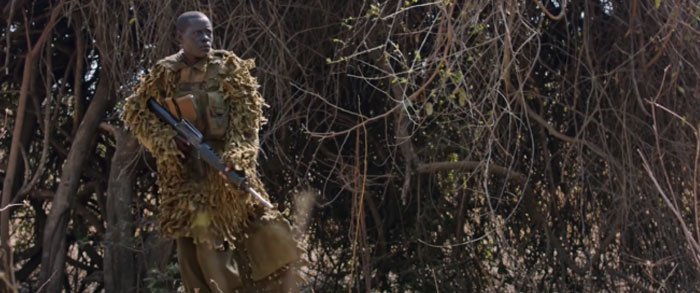
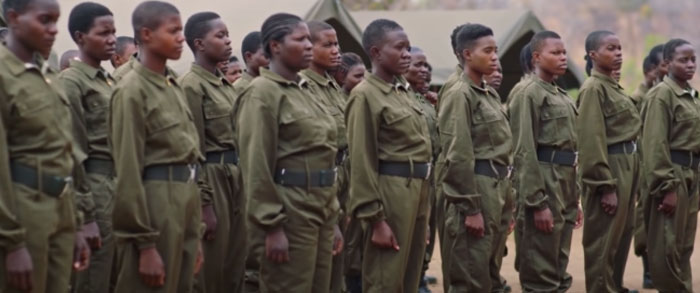
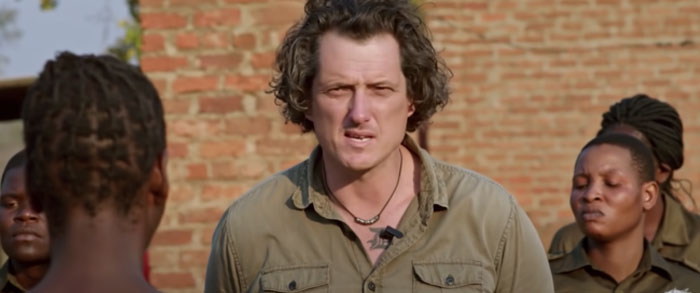
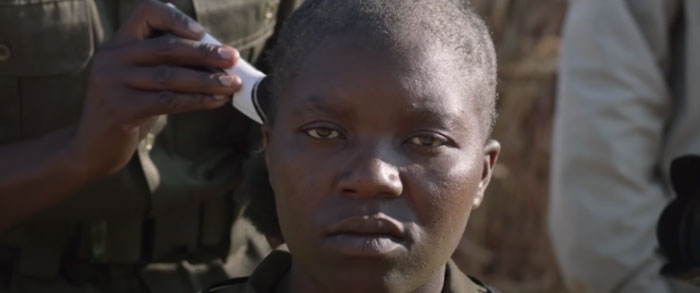
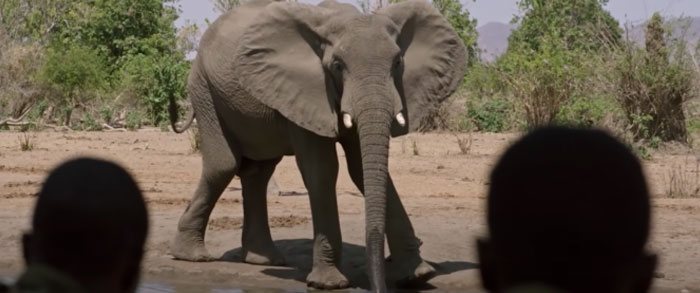
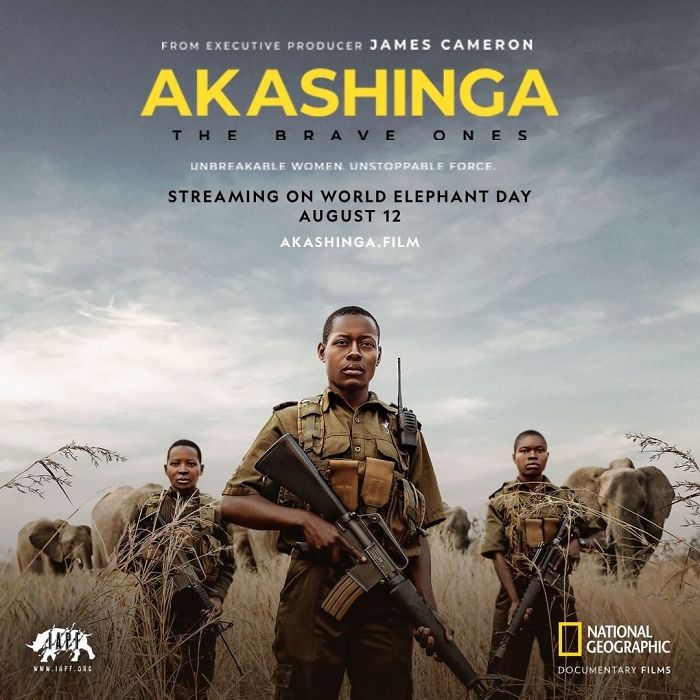

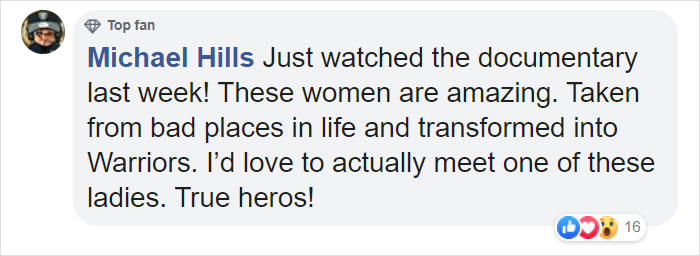
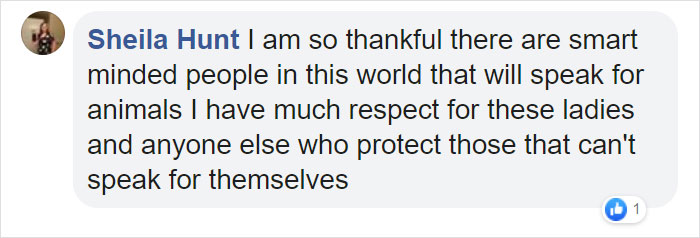

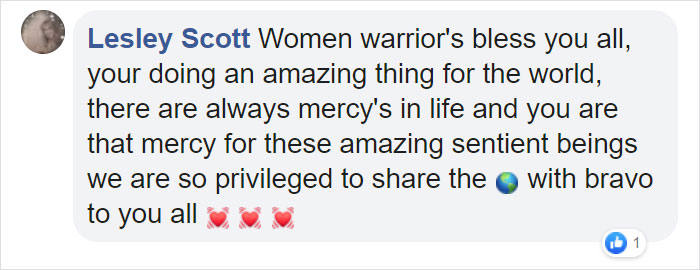












































389
40